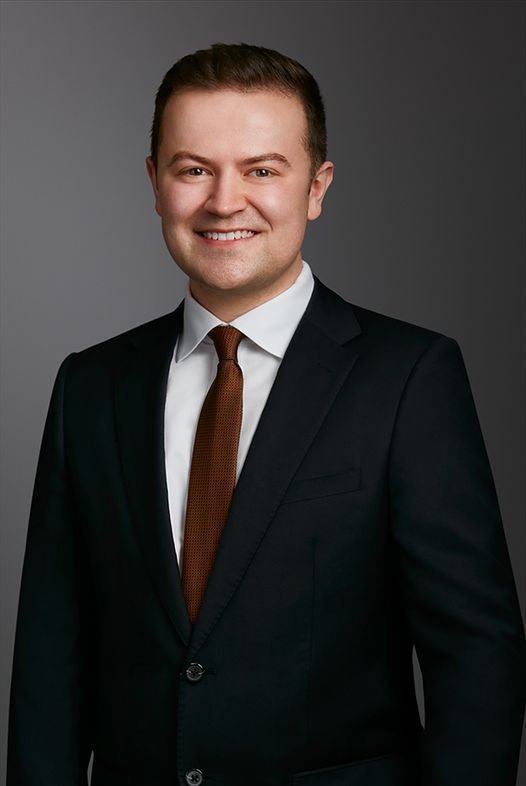CREATing Controversy: Can a Brand Manufacturer Deny Sample Requests?
February 13, 2024, 3:34 PM
By: Ian Swan
Can a drug manufacturer refuse to provide samples of its innovator product under the CREATES Act if it thinks that the requester will not actually use them to develop a biosimilar or generic drug? A recently filed suit in the District of Delaware may provide an answer to this novel question.
In a complaint filed on January 31, 2024, Esai seeks a declaratory judgment that NewLife Medicals cannot sue Esai for refusing to provide samples of its biological product, Leqembi®. Although NewLife’s request sought to invoke the CREATES Act, Esai’s complaint states that it refused because it “does not believe that NewLife . . . is asking for the samples in order to itself develop a biosimilar version” of Esai’s biologic. Esai alleges that, rather than developing its own product, NewLife intends to provide the samples of Leqembi® to other parties, including some in other countries where the biologic is not yet approved. This appears to be a case of first impression – no court has been presented with an instance where a brand manufacturer has argued that it can deny a request under the CREATES Act based on allegations that the requester did not actually intend to use the samples to produce its own biosimilar or generic.
The CREATES Act was enacted in December 2019 to create “a pathway for developers of potential drug and biological products to obtain samples of brand products that they need to support their applications.”[1] It establishes a private cause of action that allows developers of biosimilars or generics to sue brand companies that refuse to sell them samples within 31 days of the request. Because monetary penalties under the Act can be substantial, brand manufacturers have a strong incentive to comply with the requests.
This case is definitely one to watch. If Esai’s suit allows it to refuse NewLife’s request and protect itself from a potential lawsuit by NewLife, it will be interesting to see if other companies will look for similar arguments to deny requests under the CREATES Act. If this becomes a common strategy, it could subject CREATES Act requests to greater scrutiny and further litigation.
[1] https://www.fda.gov/drugs/guidance-compliance-regulatory-information/access-product-samples-creates-act.
In addition to the publicly-available information discussed below, the Letter itself gives Eisai real concern that Defendant NewLife Medicals is not requesting samples for the purpose of developing a biosimilar of LEQEMBI®.

To subscribe to our publications, click here.
Tags
News & Insights
News & Insights
SABA North America Annual Conference 2025
Speaking Engagement
Antitrust
Navigating Compliance: How the 2025 Hart-Scott-Rodino Updates Are Impacting Businesses
Webinar
Antitrust
NJSBA Annual Meeting and Convention 2025
Speaking Engagement
Intellectual Property
Hartford HealthCare Black and Red Gala 2025
Sponsorship
Antitrust
Informa CompLaw Antitrust West Coast Conference 2025
Speaking Engagement
Antitrust
AHLA Health Care Transactions Program 2025
Sponsorship
Antitrust
IAM Live: Auto IP USA 2025
Speaking Engagement
Intellectual Property
ACI 21st Annual Paragraph IV Conference
Speaking Engagement
Intellectual Property
A Check-in on the Structural Presumption: What Have We Learned and Where Are We Headed?
Webinar
Antitrust
Biosimilars Litigation and Client Counseling
Byline Articles

